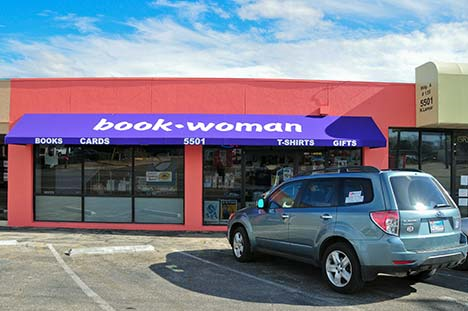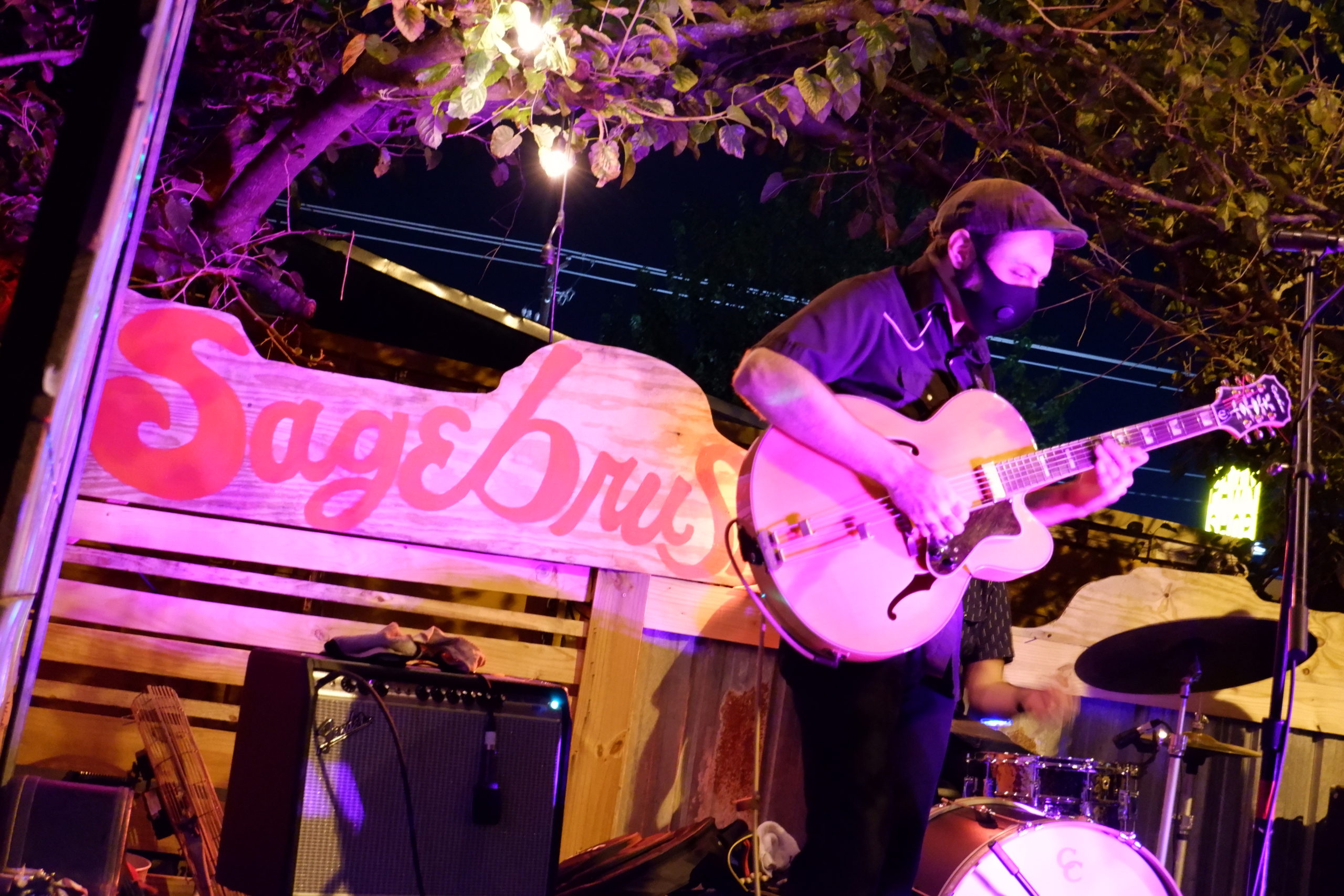(By DIAMOND MARIE PEDROZA)
In December 2018, BookWoman turned 43 years old. At one time, it was one of more than 140 feminist bookstores in America, according to owner Susan Post.
Based on Paste Magazine’s calculations, there are now around 10 feminist bookstores operating in America. This decline has been surrounded by an increase in indie bookstores in America.

(Photo Courtesy of BookWoman)
Post is aware of this and acknowledged that 2018 “was the first year more bookstores opened than closed.” However, these bookstores don’t include many American feminist bookstores.
BookWoman has always been a feminist bookstore. In the 1970s, Post said that “every bookstore was a men’s bookstore,” mainly carrying male published works. For this and many other reasons, women decided to start stores that sold and celebrated women-centered work.
At this time, the second wave of feminism was at its height, so female-centered issues were being addressed. Lack of representation for women in bookstores was one issue during the second wave.
The birth of the feminist bookstore movement led to immediate changes. Women “lobbied publications for women’s titles” and “helped change what was being published,” Post explained.
A network of bookkeepers in feminist bookstores across America communicated with each other to raise awareness about titles and authors. A woman could now go into a store and feel represented.
These stores were originally “by, about, and for women and children,” but are now inclusive of supportive men, Post said.
After the 1990s, most of the feminist bookstores throughout the U.S. closed their doors. The second wave of feminism, that made changes in the world of book publication and gave women recognition, had also ended years before.
In 2014, Paste Magazine wrote an article about the last 13 feminist bookstores in North America. Since some bookstores mentioned in the article have closed, one can estimate less than .07% of the original feminist bookstores still exist.
In contrast, from 2009 until today, independently-owned bookstores have “seen almost now a 40% increase in their numbers,” Ryan Raffaelli, a professor at Harvard Business School, said during an NPR podcast on March 22, 2018.
When asked why there is a discrepancy in the number of independently-owned bookstores versus independently-owned feminist bookstores, Post said that “no one really knows” why feminist bookstores are dwindling in numbers.
In a Sept. 25, 2018 article, Vice writer Lucy Uprichard said, “There is an optimism to the activism of the 70s that seems difficult to replicate in a tense and depressing 2018, but in spite of vanishing community spaces and political turmoil, a feminist print culture is thriving.”
Uprichard is referring to the continued success of women run zine publications and printmakers. Perhaps the success of these outlets means that feminist bookstores can make a comeback.
In 2018, for the first time in 15 years, a feminist bookstore opened in America, as reported by Liisbeth, a feminist magazine. Violet Valley Bookstore in Mississippi was able to break the cycle of the feminist bookstore decline.




